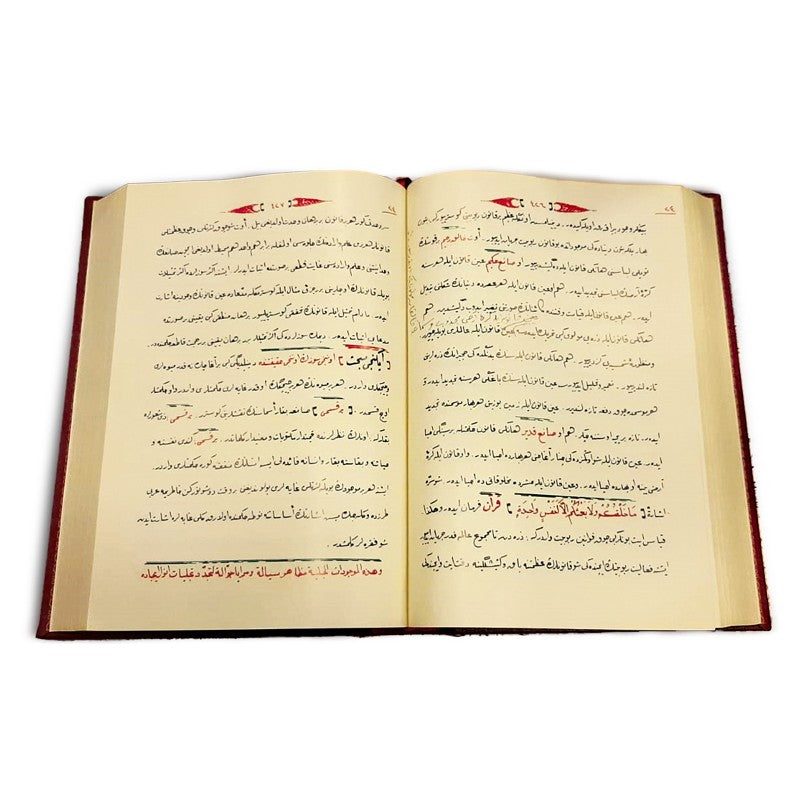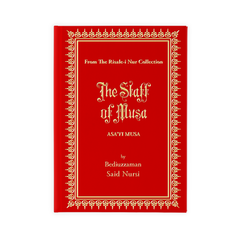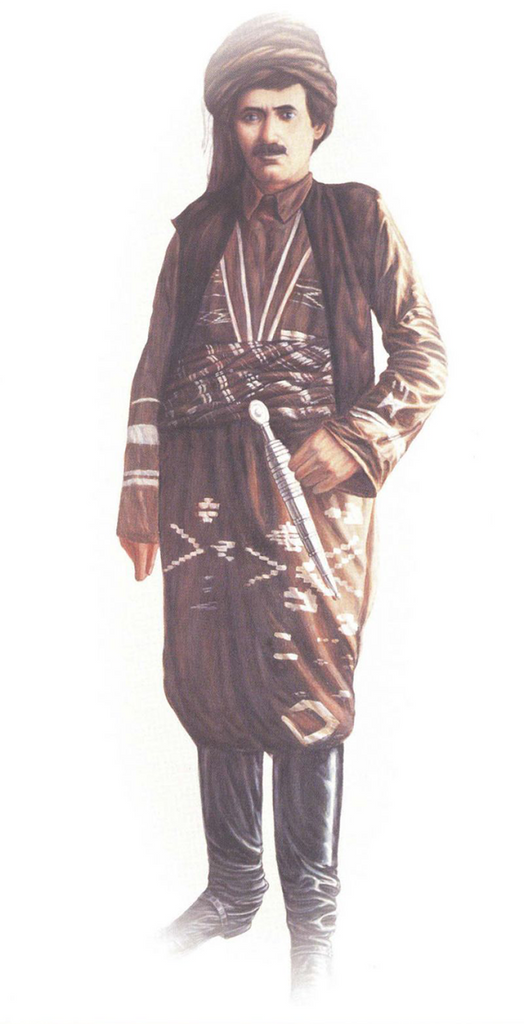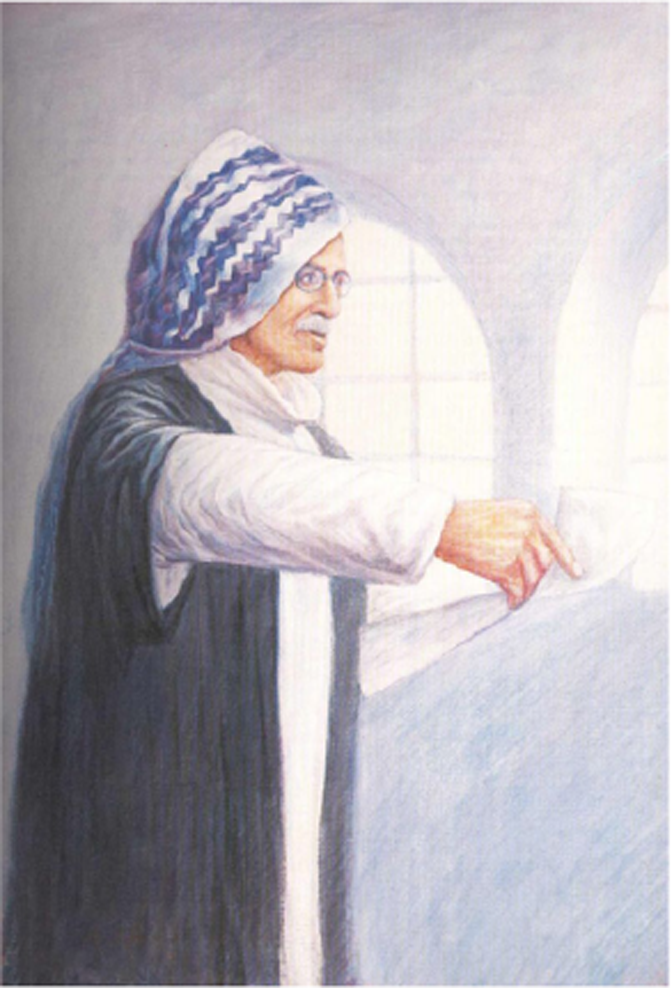The Author
Bediuzzaman Said Nursi
The story of Bediuzzaman Said Nursi’s life embodies the struggle to uphold and herald the teachings of the Quran and the practices (sunnah) of Prophet Muhammed (asm) in this age.
Early on in his life, Said Nursi actively sought assistance from the Quran to stand against the wide-scale revolutions taking place in the world that were hostile to the principles of revelation. The unprecedented social and political upheavals that broke out in this age culminated in the emergence of the body of work he authored called the Risale-i Nur.
In many ways this unique tafsir was a spiritual miracle of the Quran that upheld its truths. It served as a mercy and remedy to strengthen the principles of revelation by way of both the intellect and heart. Today, this legacy of raising awareness in the Quranic perspective of iman continues.
Each of the lessons of the 130 risales and the collectivity of its loyal students –often referred to as Nur students– amongst spiritual communities are devoted to the practice and dissemination of the truths of iman.
Despite the many wondrous aspects of his life, the role and significance of Bediuzzaman Said Nursi is best appreciated by those who can understand the overwhelming spiritual challenges of this age and the dire need for an effective and authentic way to address them.
This is why, even though he was unjustly exiled and imprisoned for most of his life for upholding and disseminating the Quran's principles, Bediuzzaman Said Nursi strictly turned all attention away from himself as an individual and, rather, directed it entirely to the collectivity of his service and that of the Nur Students loyal to the service of strengthening iman with the Quranic lessons of the Risale-i Nur.
Below is a brief overview of the key events from Bediuzzaman Said Nursi’s life which he categorises into the two distinct phases with respect to the Risale-i Nur: the Old Said and the New Said.





